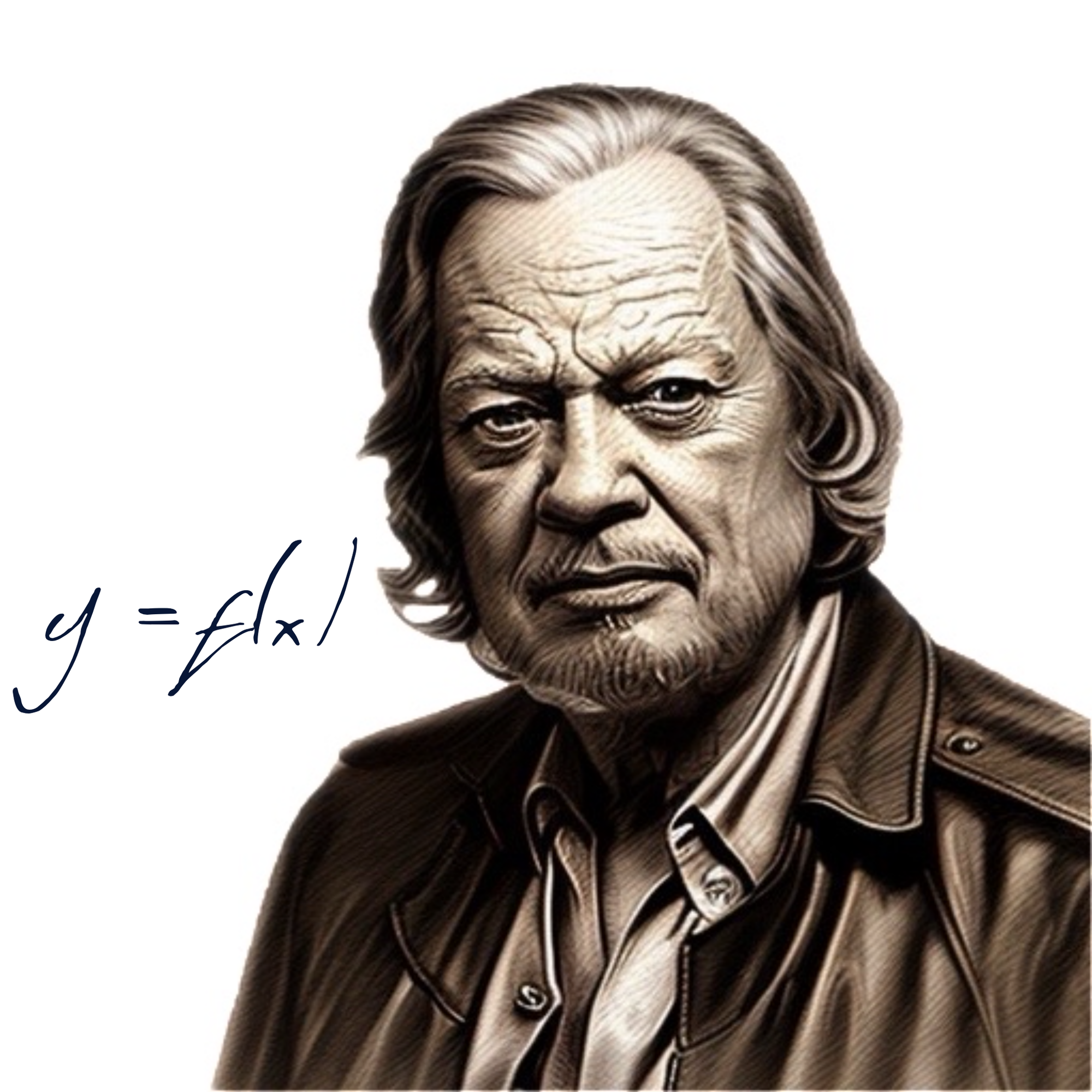Table of Contents
Continuing an exchange of comments
Regarding the current state of capitalism – from a comment thread in the beneath the pavement substack with David Jones.
After a summary of the positions taken, I raise questions that revisit a pending question: Why do we have an economy?
Income inequality has surged
- Wage growth suppressed
- Household purchasing power plunging
Vicious cycle of low consumption
- Less money to spend
- Consumer demand nosedives
- Revenues & profits crash for companies
Companies cut labor costs to protect profits
- Slash wages
- Eliminate benefits
- Offshoring
Cost cutting backfires ultimately
- Employee income sinks further
- Consumer spending plunges deeper
Offshoring accelerates race to bottom
- Jobs relocated to low-cost countries
- Cheaper goods but income sinks at former countries
- Potential to reprise the experience
- Induced demographic changes also contribute
Shortsighted financial asset engineering
- Incentives to hoard wealth, not invest
- Speculative bubbles over real economy
- Capital accumulates in financial assets—frozen liquidity
Widening inequality strains society
- Budgets gutted with lower tax revenue
- Debt and inequality handicap growth
- Political influences of mega-rich distort rules of exchange
Is inequality a cause or an effect
- What role for the service economy?
- Is the economy shifting to intangibles?
- Does material well being still have the same prominence?
What is the exact nature of the problem?
- Is the mis-allocation of capital a problem of asset retention?
- Is it a drag on innovation?
- Does its concentration leave insufficient liquidity available for current consumption?
- Does the debate mischaracterize the issue as static when it should be dynamic?
- Is a treasure chest framing better than a flow of funds and liquidity analysis
Against Scarcity
- Advances in US personal economic security through 1960[1] an anomoly?
- Is the under-appreciation of the reduction of severe poverty worldwide[2] salient?
- Is there a distinction between need and want?
- What are the limits on economic activity based on transactions in tangible property?
Further questions
- Does this line of argument recapitulate views of the 19th century?
- If so, what are the criticisms of those views?
- Does the line extend or contract Piketty[3]?
- Have changes in conditions weakened or strengthened the construct?
- Is the concentration of power over the political environment of more urgent concern than power over the market environment










